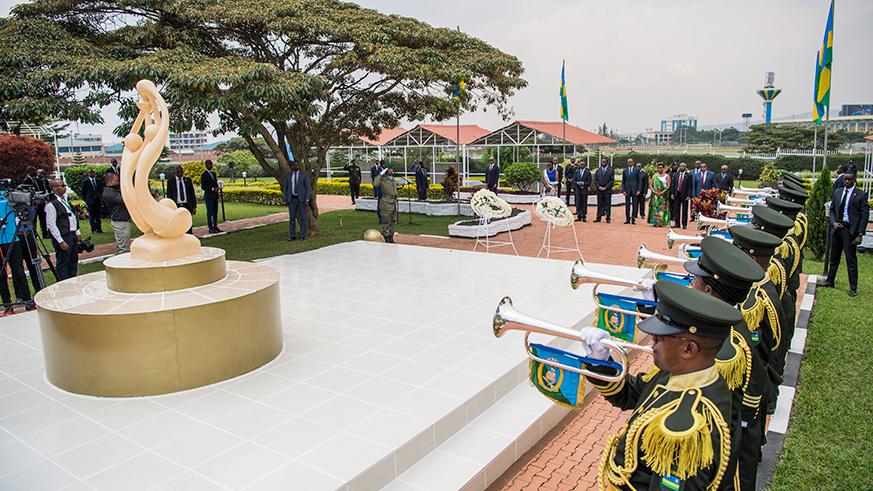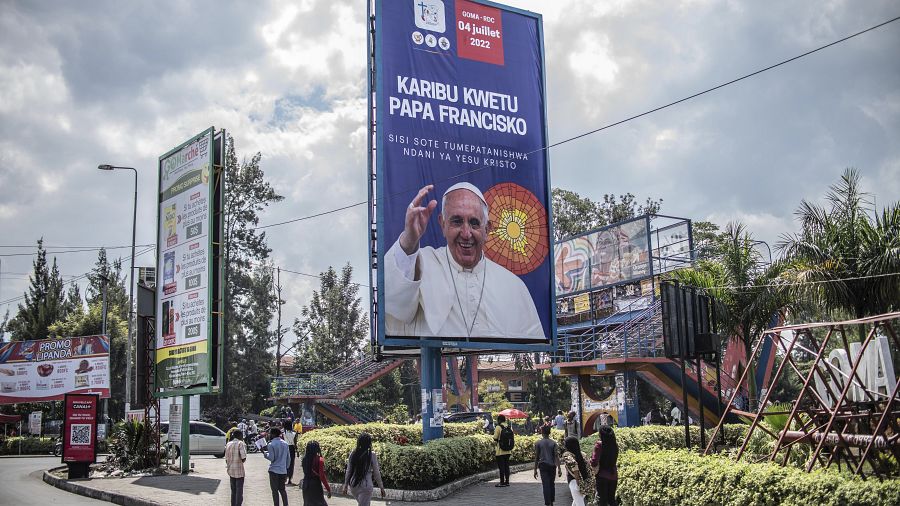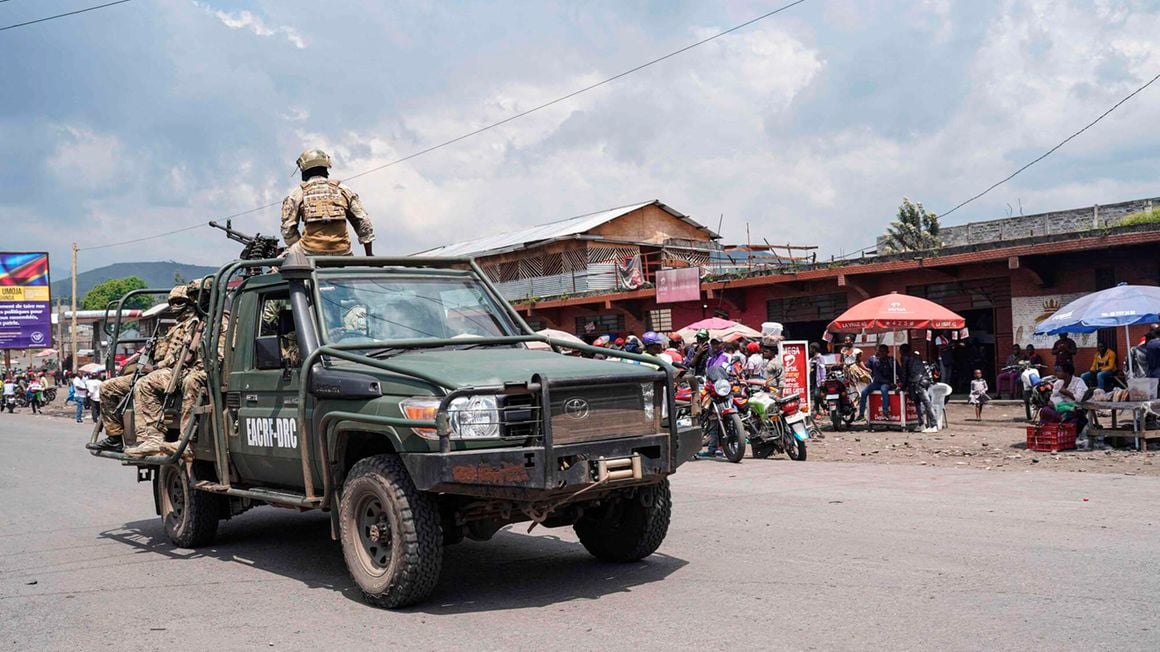Regional
Heroism: Rwandan youth walking in their heroes’ footsteps

Every
February 1 Rwanda celebrates National Heroes Day. The day’s celebrations pay
tribute to the people who defended the values of patriotism and sacrifice for
the wellbeing of the country and its citizens.
For
Rwandan youth this is a day to reflect on the meaning of heroism, a reminder
that there are exemplary men, women and children who laid down their lives for
Rwanda, and whose love for the country inspires them to work hard in advancing
the same values they strived for.
Each
and every Rwandan hero is celebrated in three categories – Imanzi, Imena, and Ingenzi.
Young
Rwandans will never fall short of drawing examples from each category of these
heroes, and demonstrate patriotism, defend and protect their country, promote
economic development, security and peace among others.
Late
Maj Gen Fred Rwigema and the Unknown Soldier - representing all the fallen
soldiers of the liberation struggle that ended in 1994 with the stopping of the
Genocide against the Tutsi - who both fall under the category of Imanzi,
represent supreme sacrifice, at the expense of everything, including their own
lives.
Born
in a refugee camp in Uganda, Rwigema joined several rebel groups in Tanzania,
Mozambique and Uganda. But he always held Rwanda at heart.
Rwigema
is remembered for being among those who greatly inspired Rwandan refugees to
liberate their country. On October 1, 1990, he spearheaded Rwanda’s liberation
struggle, but was shot on the frontline.
Rwigema’s
sacrifice made it possible to liberate the country, enabling Rwandans to build
the dignified and united nation they live in today. For the youth this shapes a
clear illustration of working hard to sustain what was fought for.
Another
example that is perhaps more relatable to the youth is the students of Nyange
Secondary School, who fall under the Imena category of heroes. They refused to
divide themselves along ethnic lines and vowed to stick together.
In
1997, infiltrators, commonly known as Abacengezi,
entered their school, killed a watchman and then tried to isolate and slaughter
Tutsi students. But the students defied the killers’ orders to separate along
ethnic lines. The youngsters stood their ground, despite the risk, and told the
attackers that none of them deserved to die. Then the angry militia opened
fire, indiscriminately. Six students died on the spot and about 40 others
sustained injuries.
Shunning
divisionism, putting others first are the main lessons that the young students
of Inyange taught Rwandans. Today’s youth need to uphold these national values,
and promote unity and reconciliation.
Agathe
Uwilingiyimana is among the leaders who did not fall in the trap of the
genocidal regime, but rather spearheaded the fight against divisionism. She was
the first woman to hold the position of Prime Minister in Rwanda’s history. She
served in the position from July 1993, to the time of her death in April 1994,
when she was assassinated by members of the genocidal regime’s notorious
presidential guard.
Her
sacrifice left an important mark, which is leading by example, and standing up
for injustice and divisionism in the people who entrusted you with leadership,
traits that the future generation of leaders of Rwanda need.
Today,
as Rwandans celebrates their heroes, it is possible for every young Rwandan to
be a hero!
Embracing
patriotism, unity and hard work by adopting the values espoused by their own
heroes is a guide to walk in their footsteps, and take Rwanda to greater heights.







